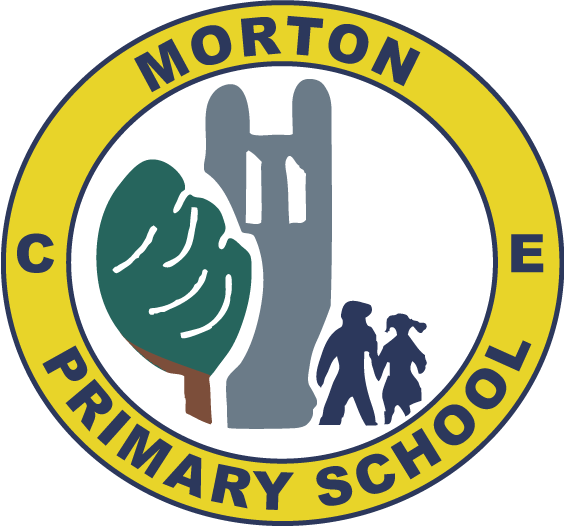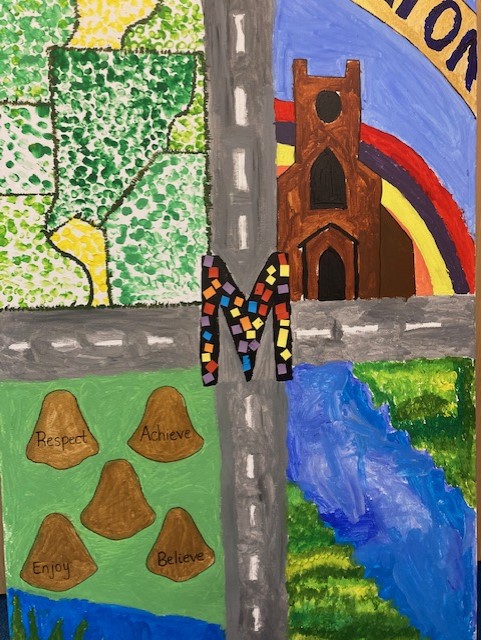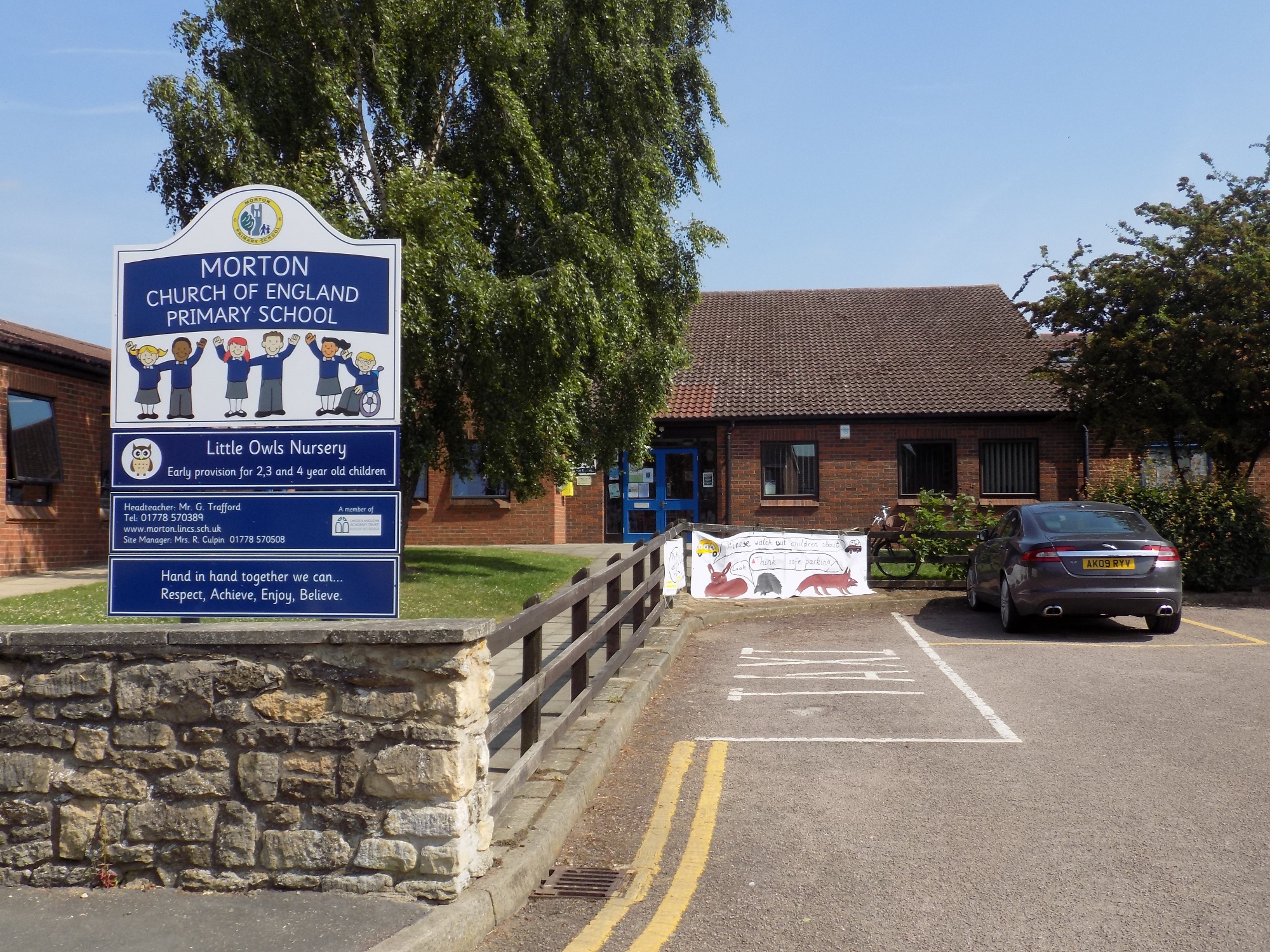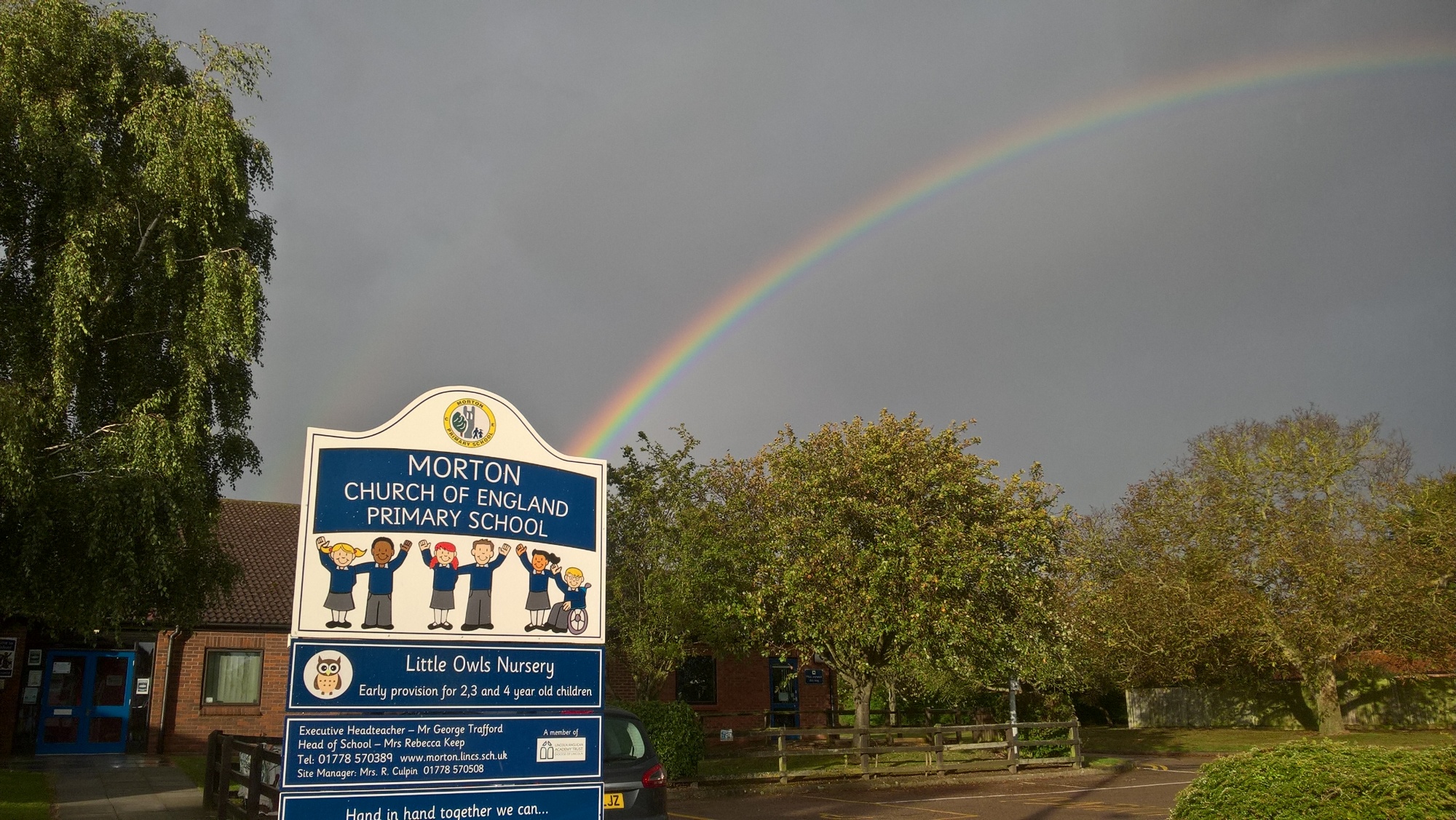Vocabulary
Spoken language is one of the main elements of the English Curriculum in Primary Schools. Speaking and Listening skills are a vital part of being able to communicate effectively which leads onto Reading and Writing. Below, you will see the statutory requirements for Spoken Language which are taught across all year groups.

The content is taught at a level appropriate to the age of the pupils and builds on the oral language skills that have been taught in preceding years. Pupils are taught to develop their competence in spoken language and listening to enhance the effectiveness with which they are able to communicate across a range of contexts and to a range of audiences. We give pupils the opportunities to work in groups of different sizes – in pairs, small groups, large groups and as a whole class. This allows pupils to understand how to take turns and when and how to participate constructively in conversations and debates. Attention is also paid to increasing pupils' vocabulary, ranging from describing their immediate world and feelings to discussing abstract concepts and a wider range of topics and to enhancing their knowledge about language as a whole.
Vocabulary comes in three tiers, Tier 1 is a group of words that we would use in everyday life and that children are exposed to on a regular basis. Tier 2 words are words that appear in different contexts and can support pupil’s comprehension of a text. Tier 3 words are more subject specific and could be taught in a science topic for example.
Subject Leader's have mapped out the key vocabulary required for each subject. Children have the opportunity to learn new words through a range of activities. We look at the dictionary definition of the word, synonyms that can be used in its place, the word class (is it an adjective, verb, noun?) and how we can use it within different sentence types.



